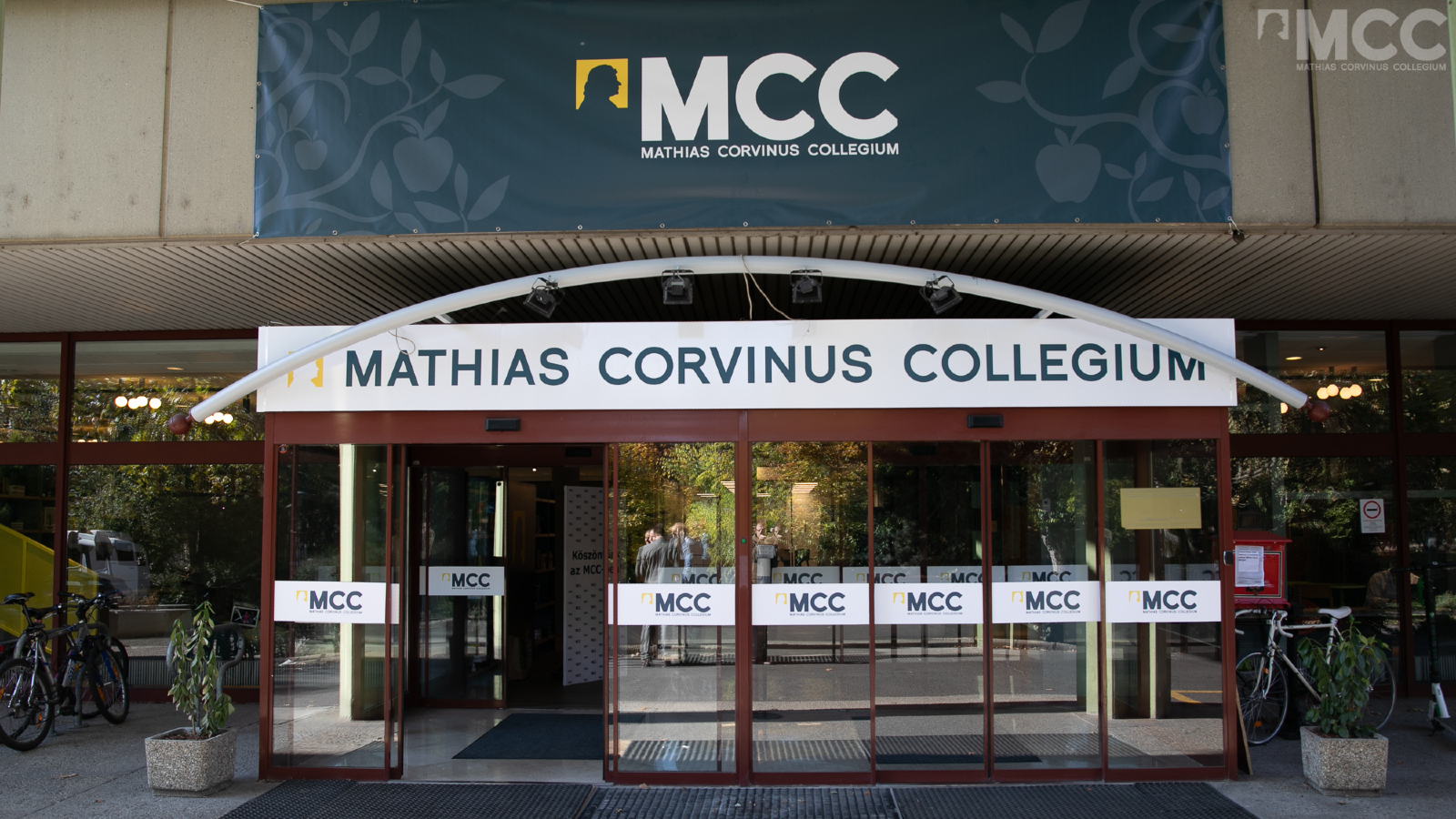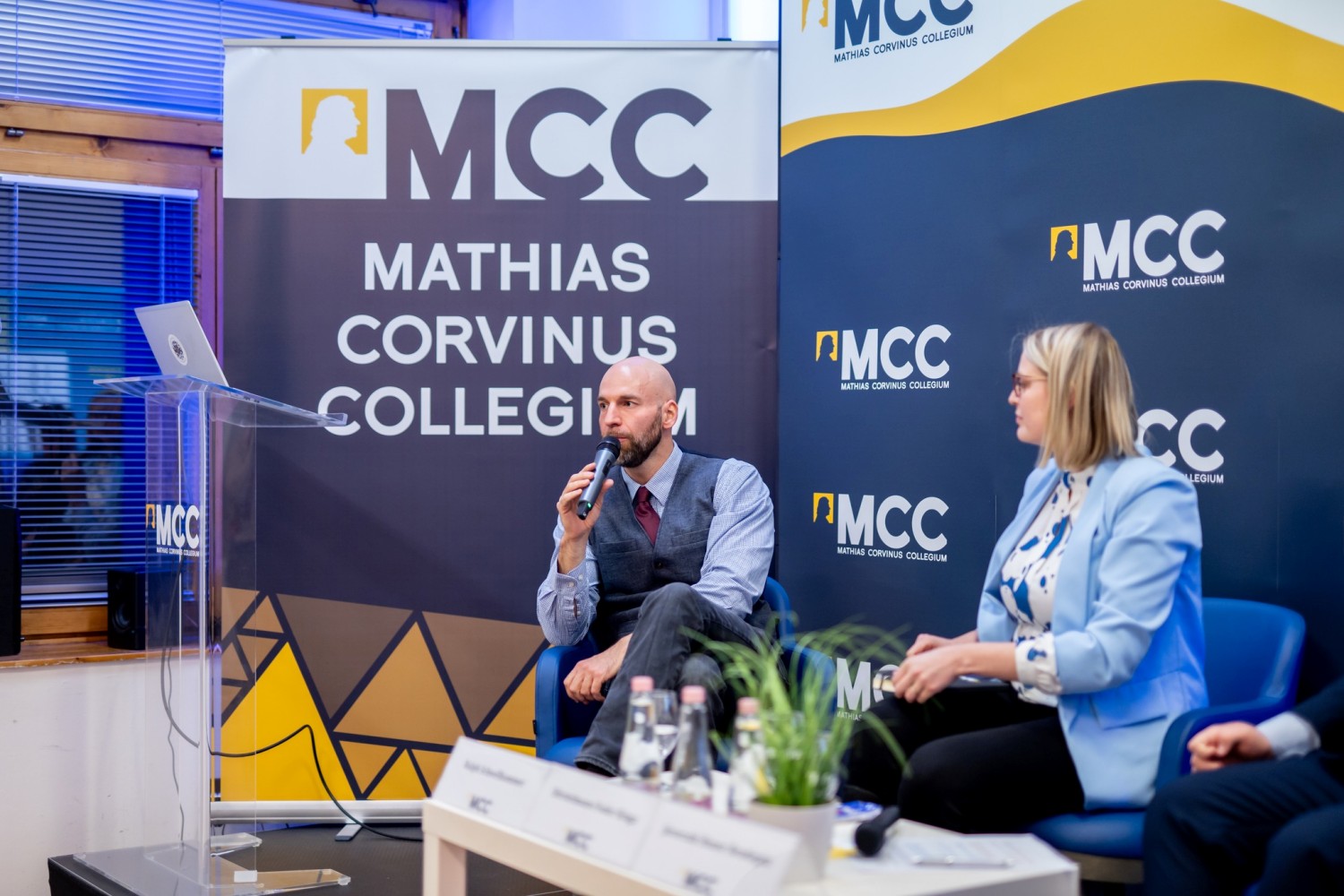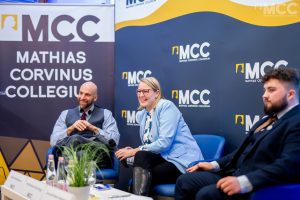
Three times as many applications were received for the program as are available to primary school pupils.Continue reading

There is still a certain arrogance in the West towards the countries of Central and Eastern Europe, Ralph Schoellhammer warned at an event organized by the Mathias Corvinus Collegium (MCC) in Pécs on Wednesday.
The MCC guest lecturer, adjunct professor at the University of Vienna, pointed out that EU leaders feel they need to be taught what democracy is. The discussion focused on an analysis of the EU’s enlargement policy. Kinga Dörstelmann-Fodor, deputy director of the German-Hungarian Institute, also shared her thoughts at the event.
In the opinion of the Austrian expert, the EU’s ambition to bring all countries under one political umbrella is unfeasible, as we cannot talk about a single national structure and identity like the U.S. He said that national identity is very important, but in many cases it is not respected by the EU.
As the EU does not have a common set of universal interests and values, the idea of a supranational state is not viable.”
Nevertheless, in Western Europe, it is believed that national identity should be marginalized because of these ideas, he added. “The diversity and plurality guaranteed by the existence of nation states is important.”
On Ukraine, Dörstelmann-Fodor said that the question of opening accession negotiations was a matter of concern for several reasons. On the one hand, a country at war cannot legally join, and on the other, it could be demoralizing for Balkan states that have been on the threshold of accession for decades to have their case put on the back burner again by a country that meets virtually no EU criteria.
Ralph Schoellhammer added that while there may be a moral and ethical case for opening negotiations with Ukraine, there are more political, economic, and historical obstacles than one might first think.
Many more countries share the views of Hungarians than they openly admit. Many know that Hungary is right, but it is easier to agree from behind the scenes than to actually stand up for their views,”
said the MCC guest lecturer.

Ralph Schoellhammer and Kinga Dörstelmann-Fodor. Photo: Facebook/Mathias Corvinus Collegium – MCC
The two speakers argued that if the EU moves towards an ideologically driven enlargement policy instead of consolidation, it will generate another divisive issue, as in the case of migration.
There is a risk that we will slowly reach a situation where the EU still exists on paper, but in practice each Member State goes its own way,
they both agreed.
Schoellhammer pointed out that the EU is at a huge economic and technological disadvantage compared to the U.S. and East Asia. He said the EU has not invented anything, it is not a leader in manufacturing, we have no resources, yet it wants to set the moral course. “We should ask ourselves how long can this be sustained?” He warned that we are sitting on a time bomb and it would be better to wake up.
Via mcc.hu, Featured image: Facebook/MCC Pécs